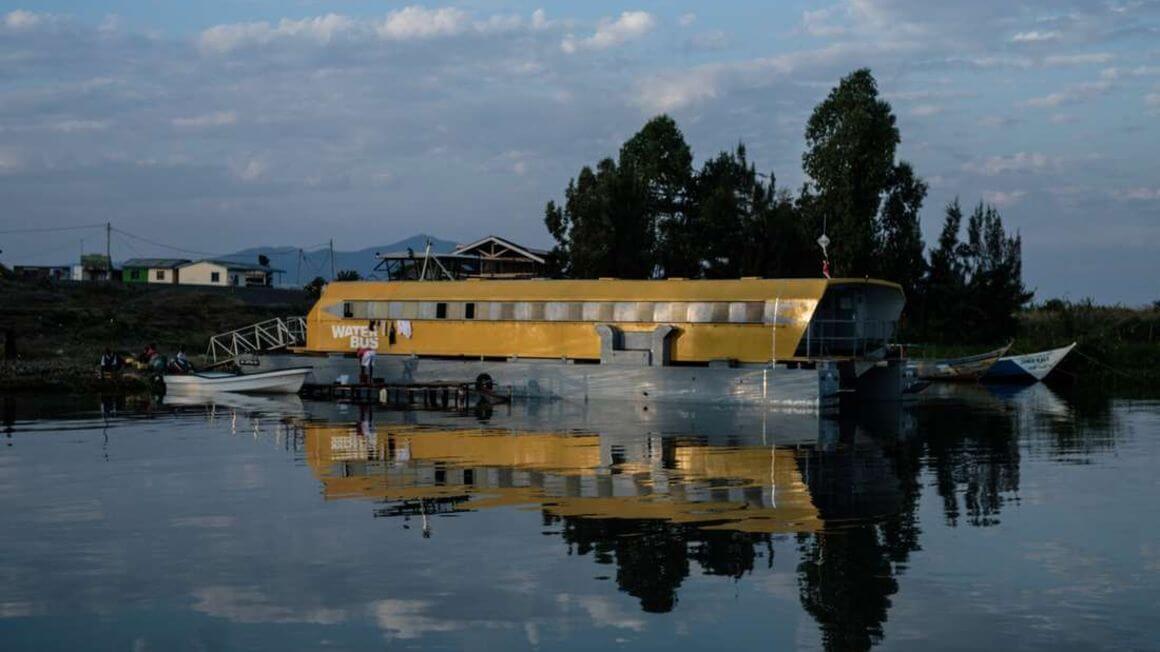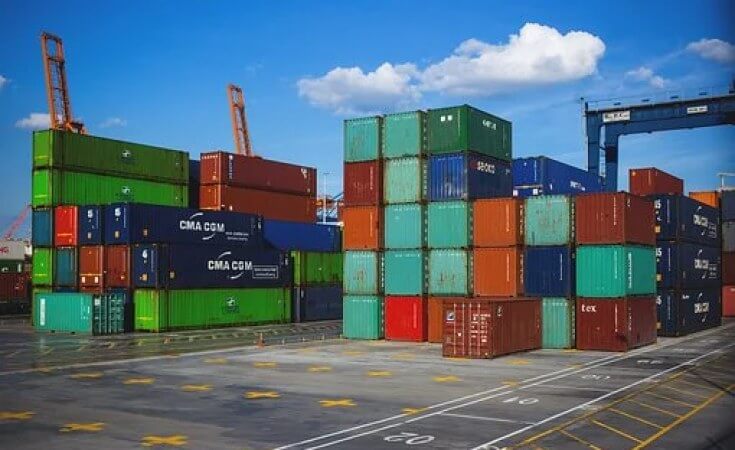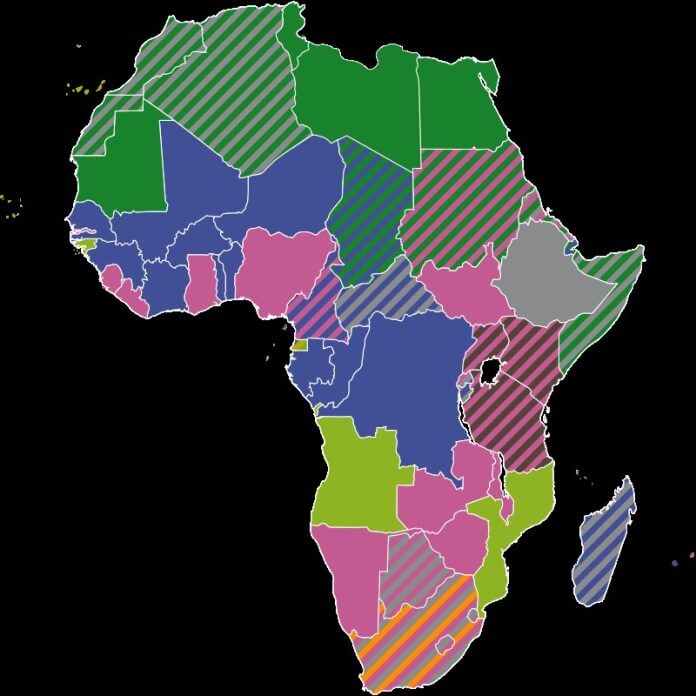In summary UNCTAD Secretary General Mukhisa Kituyi How the AfCFTA facilitates the revival and growth of African small businesses will be key to its success as an engine for Africa’s economic renaissance. E-commerce can lower entry barriers and help connect MSMEs with global markets and value chains by providing the services needed to facilitate their exports. ITC plans to provide capacity building and advisory services to enhance the continental business environment, strengthen national and regional trade support institutions, and improve business competitiveness. African Continental Free Trade Area agreement aims at accelerating intra-African trade and boosting Africa’s trading position in the global market by strengthening the continent’s common voice and policy space in global trade negotiations. Young entrepreneurs in East Africa have been urged to embrace e-commerce and reap from a $26 trillion (Sh2.8 trillion) global online sales market ahead of Africa Continental Free Trade Area (AfCFTA) kick off next year. International Trade Centre (ITC) Executive Director Pamela Coke-Hamilton said online marketplaces could drive inclusive growth across Africa, with e-commerce likely to create as many as three million jobs by 2025. Speaking during a forum dubbed Trade Beyond Covid19: Unpacking the AfCFTA for East Africa in Nairobi, she said ditching outdated business models for e-commerce would drive intra-regional trade and attract benefits. “This can open markets to otherwise isolated rural communities, servicing Africa’s fast-growing consumer market, and offer women access to new business opportunities” she said. Implementation of AfCFTA in Eastern Africa could result in welfare gains of $1.8 billion (Sh197 billion), a...
Young EA traders urged to tap into global e-commerce market
Posted on: November 25, 2020
Posted on: November 25, 2020
























